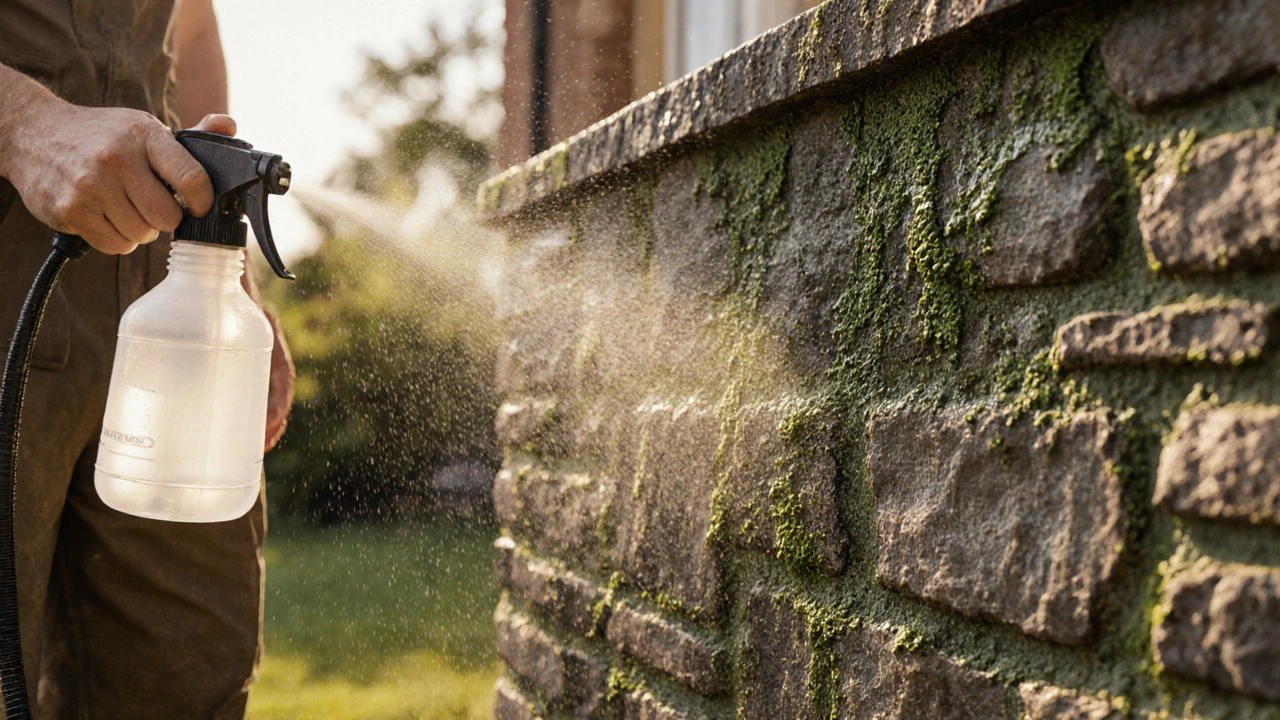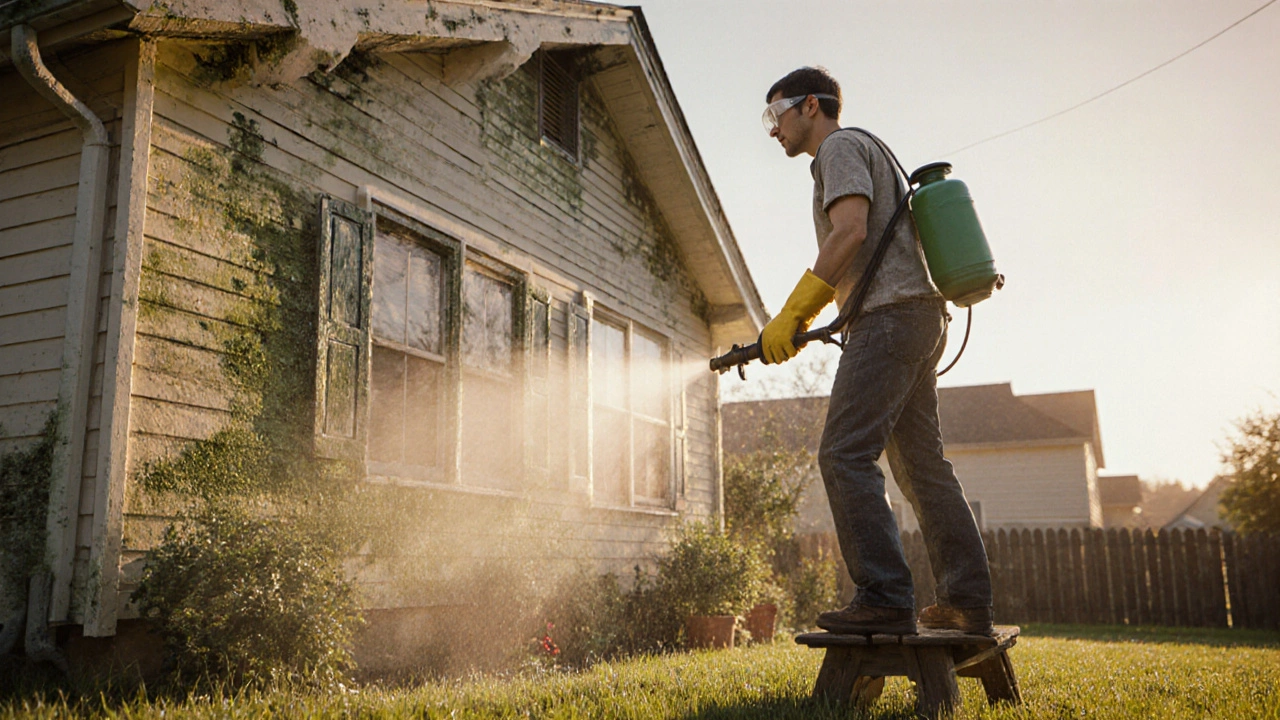Pressure Washing Chemicals – What They Are and Why They Matter
When working with pressure washing chemicals, specialized cleaning solutions formulated to break down dirt, grime, and oil when applied under high‑pressure water streams. Also known as PW chemicals, they are a core component of any power‑washing job because they boost the mechanical action of the water jet. Pressure washing chemicals are not just any detergent; they are engineered to work at the pressures typical of commercial and residential power washers, delivering faster results with less scrubbing.
Key Related Elements That Shape Your Cleaning Power
Effective use of these chemicals depends on three closely linked factors. First, pressure washing equipment, the pump, hose, and nozzle configuration that determines water flow and pressure levels provides the platform for the chemicals to act. Second, degreaser chemicals, formulations rich in surfactants and solvents designed to dissolve oils and lubricants on driveways, garage floors, and metal surfaces target the toughest grime. Third, eco‑friendly cleaning agents, biodegradable blends that minimize environmental impact while still delivering strong cleaning performance give you a greener alternative when working around plants or in residential neighborhoods.
These three entities form a clear ecosystem: pressure washing chemicals encompass degreaser formulas, pressure washing requires appropriate equipment, and eco‑friendly cleaning agents influence chemical selection. When you match the right chemical to the surface and the right nozzle to the pressure, you cut down on labor time and reduce the need for repeat passes. For example, a high‑alkaline degreaser paired with a 0‑degree fan tip can clean a concrete garage floor in half the time of a standard detergent and a wide‑angle nozzle.
Choosing the proper chemical also ties into safety and compliance. Many professional cleaners opt for low‑phosphate, EPA‑approved products to avoid runoff penalties and protect wildlife. The safety gear—gloves, goggles, and respirators—must match the chemical's hazard rating, which is usually listed on the product's SDS (Safety Data Sheet). Good practice is to test a small area first, especially with eco‑friendly agents that may behave differently on porous versus sealed surfaces.
Beyond the basics, there are advanced tricks that seasoned pressure washers use. Mixing a small amount of a biodegradable surfactant with a high‑strength acid cleaner can tackle mineral stains on brick without damaging mortar. Some contractors rotate between an alkaline degreaser for oil stains and an acidic rust remover for metal rails, swapping chemicals mid‑job to keep the water temperature optimal. These tactics illustrate how the chemical choice directly impacts efficiency, cost, and final appearance.
In the posts below you’ll find deeper dives into how to start a pressure washing business, the profit potential, timing for residential jobs, and equipment recommendations. Whether you’re a homeowner tackling a patio or an entrepreneur building a service, the right pressure washing chemicals paired with the right equipment and safety practices will make every job faster, cleaner, and more sustainable.

Best Sprays to Use Before Pressure Washing - Your Complete Guide
Discover the best sprays to apply before pressure washing, how to pick the right one for each surface, mixing tips, safety advice, and a handy checklist.
Read More
Best Pre‑wash Sprays for House Pressure Washing - How to Choose & Apply
Learn which pre‑wash sprays work best for house pressure washing, how to apply them safely, eco‑friendly options, and common pitfalls to avoid.
Read More